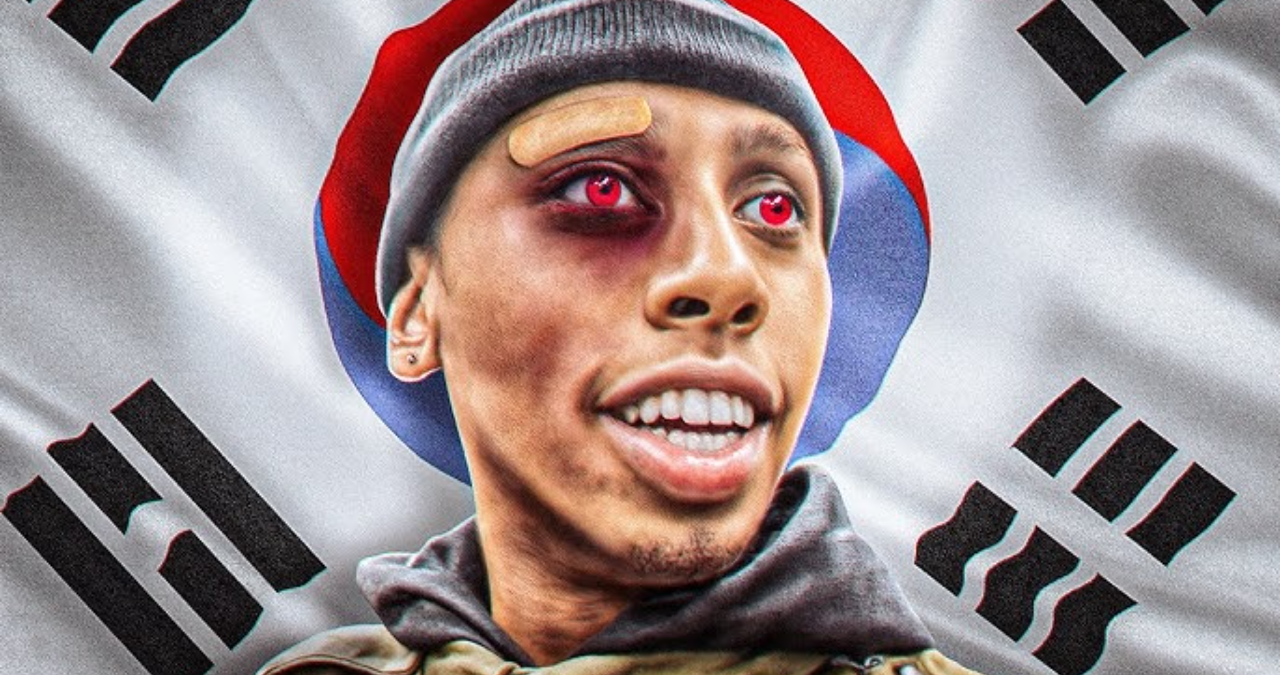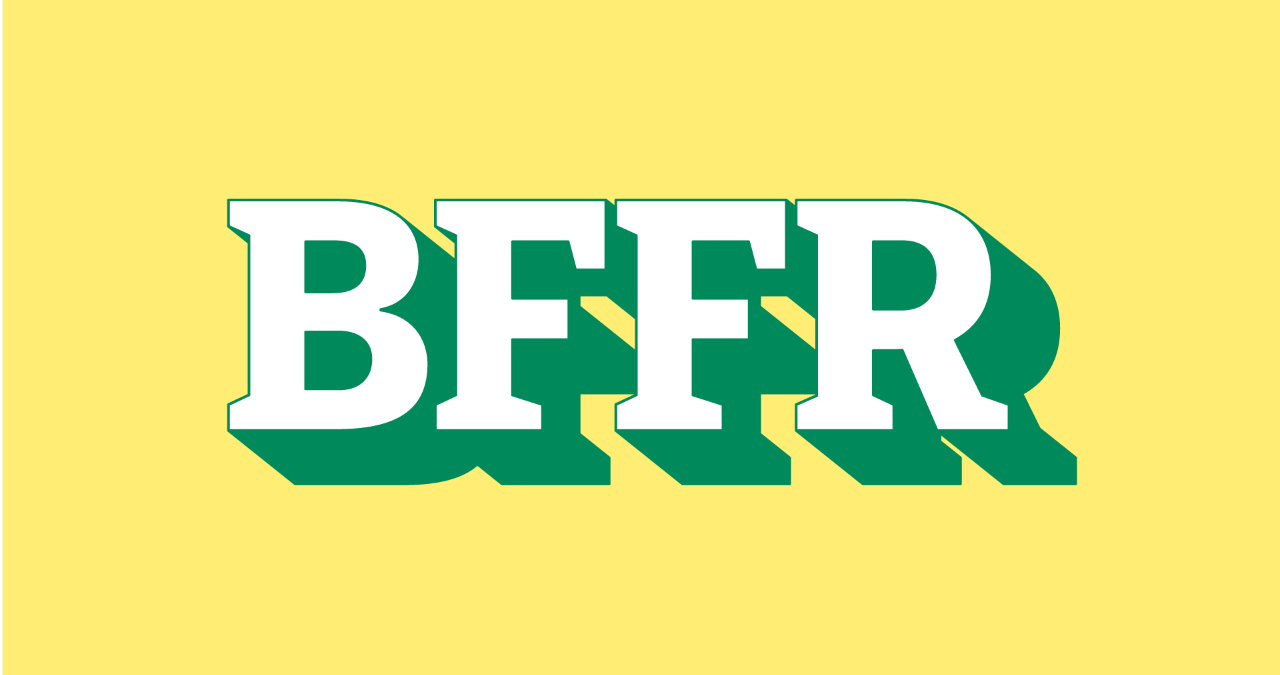Dive deep into the controversial online persona of Johnny Somali. Explore his rise to internet notoriety, controversies, lifestyle, content style, and the impact he’s made on social media culture.
Who Is Johnny Somali?
Johnny Somali is an internet personality known for his outlandish antics, provocative behavior, and highly controversial online content. Whether you’ve heard about him from trending Twitter posts or seen his name appear on YouTube drama channels, Johnny Somali has managed to carve out a distinct, albeit polarizing, identity on social media platforms. But who exactly is he?
Originally from the United States, Johnny Somali rose to fame through livestreaming and vlogging. His content, however, is not your standard internet fare. Known for pushing boundaries and often crossing social and cultural lines, he’s become one of those figures you either love to hate or hate to love. His content isn’t just clickbait—it’s controversial enough to stir serious debates on freedom of expression, online ethics, and respect for global cultures.
Despite his moniker, Johnny Somali isn’t actually Somali by nationality. The name is part of his online persona—crafted to provoke curiosity and perhaps even mislead for the sake of clicks. This decision alone says a lot about the type of content creator he is: strategic, disruptive, and always ready to stir the pot.
The Beginning of His Internet Journey
Johnny Somali didn’t just wake up one day and go viral. Like most content creators, his early videos barely scratched the surface in terms of views or engagement. But he understood the social media game—controversy equals views, and views equal virality.
He began his career posting travel vlogs, livestreaming his experiences in various countries. It was during these travels that his content took a sharp turn from cultural appreciation to blatant disrespect, especially during his time in Japan. This change was intentional and calculated, aimed at increasing his viewer base by exploiting shock value.
Over time, his tactics evolved. Instead of highlighting cultural beauty, he would provoke locals, say offensive things in public, and then post the reactions. These clips gained traction because they were outrageous, unsettling, and unlike anything viewers had seen before. Whether it was shouting inappropriate phrases in public or violating local customs, Johnny Somali knew how to get people talking.
The Controversial Content Style
Johnny Somali’s content is often defined by a mixture of livestreaming and short-form videos where he engages in risky behavior in foreign countries. His style is raw, unfiltered, and frequently borders on the offensive. While many other creators focus on connection and cultural respect, Johnny leans into chaos and confrontation.
The strategy is simple: create tension, provoke a response, film it, and upload. From a business standpoint, it works. People tune in not because they like him but because they’re shocked. He plays the villain role exceptionally well, and in today’s algorithm-driven platforms, even negative attention is good attention.
His antics in Japan, particularly, drew massive backlash. Videos surfaced of him mocking locals, shouting obscenities, and acting in ways deemed deeply disrespectful. Despite being arrested multiple times and deported, he continued to create content with the same style and tone. Instead of backing down, he doubled down, reinforcing his reputation as a notorious internet disruptor.
The Ethics of Johnny Somali’s Behavior

The question most people ask when discussing Johnny Somali is: should this be allowed? His behavior has opened up broader conversations about digital responsibility and the impact of content on real-life communities.
On one side of the argument, you have advocates for free speech and expression. They argue that Johnny Somali has the right to post what he wants, especially if he isn’t breaking any laws. They see his work as performance art, social commentary, or even a form of satire.
On the other side, there’s the growing concern over how his actions affect people on the ground. When you antagonize a local population for views, you’re not just making entertainment—you’re spreading stereotypes, inciting conflict, and, in some cases, causing real harm. For many, Johnny Somali represents the dark side of content creation where shock value is prioritized over empathy and respect.
Public Backlash and Legal Trouble
It’s no surprise that Johnny Somali has faced significant public backlash. Social media platforms like Twitter, Reddit, and TikTok are filled with threads dissecting his behavior, calling for bans, and urging governments to take action.
In Japan, his actions led to several arrests and deportation. Locals began reporting his whereabouts, and livestream footage showed him being physically removed from various public spaces. Even after facing legal repercussions, he remained defiant. In fact, he used those incidents as content, further blurring the lines between accountability and exploitation.
What’s shocking is how these legal issues actually bolstered his popularity. In the twisted world of internet fame, getting arrested often translates into viral content. Johnny Somali has used these events to position himself as a sort of rebellious anti-hero, rallying a small but dedicated base of fans who view him as fearless and uncensored.
The Influence of Shock Culture
Johnny Somali isn’t an isolated case. He’s part of a larger trend where content creators use shock and provocation to climb the social media ladder. The more controversial, the better. Platforms like YouTube and TikTok reward engagement, not morality. If a video gets clicks, it gets recommended. And Johnny Somali is a master at generating clicks.
Shock culture thrives in this environment. Audiences, whether they love or hate the content, keep coming back. It’s the digital equivalent of a car crash—you don’t want to look, but you can’t help it. Johnny Somali has tapped into this psychology, building a brand that’s hard to ignore.
This model of content creation raises serious ethical questions. Should platforms be more responsible? Is the line between entertainment and harassment being blurred beyond repair? As Johnny Somali continues to gain attention, these questions grow louder.
Johnny Somali and His Online Persona
What makes Johnny Somali so polarizing isn’t just what he does—it’s how he presents himself. He embraces his villain image, responding to critics with sarcasm, defiance, and even mockery. He’s not just aware of his reputation; he uses it to fuel his brand.
This persona is calculated. He dresses flamboyantly, talks in exaggerated slang, and constantly refers to himself in the third person. These are all tactics to create a recognizable character that people remember. It’s no different than professional wrestling or reality TV—he plays a role, and he plays it well.
At the same time, it’s important to note that this persona has consequences. By playing the villain so convincingly, Johnny Somali risks losing any opportunity for redemption or growth. He’s locked into a role that, while profitable, could ultimately lead to more legal issues and public condemnation.
Audience Reaction and Fan Base
Despite the backlash, Johnny Somali has a fan base. This group admires his audacity, his refusal to conform, and his ability to generate buzz. They view him as a renegade—someone who breaks social norms for the sake of entertainment.
Many fans argue that Johnny is just saying what others are afraid to. They see his antics as a form of social experimentation or commentary on modern sensitivities. These interpretations may be a stretch, but they reveal why he remains relevant: he sparks conversation.
At the same time, not all of his audience is supportive. Many follow him simply to criticize, report, or document his actions. This dual audience—fans and haters—keeps his engagement high, which is all that really matters in the social media economy.
The Role of Social Media Platforms
Social media platforms have a complicated relationship with creators like Johnny Somali. On one hand, they benefit from the engagement he generates. On the other, they face pressure to take action against content that violates community guidelines.
YouTube, Twitch, and TikTok have all taken steps to limit or remove his content at various points. But the decentralized nature of the internet makes banning difficult. When one account is taken down, another pops up. Johnny Somali has adapted by diversifying his platforms and using VPNs and aliases to avoid detection.
This game of cat-and-mouse reveals a major flaw in content moderation. Creators who are determined to stay online will always find a way. Until platforms implement more robust systems or change their incentive models, controversial figures like Johnny Somali will continue to thrive.
The Future of Johnny Somali

What does the future hold for someone like Johnny Somali? It’s hard to say. His brand relies heavily on controversy, which is a limited and risky resource. Sooner or later, the consequences may outweigh the benefits.
Still, he’s shown a remarkable ability to adapt and survive. If one platform bans him, he finds another. If one country deports him, he moves on. This resilience is part of what makes him so difficult to stop.
If he ever decides to pivot, perhaps toward more constructive content or public discussion, he could reinvent himself. But for now, he seems committed to the path he’s on, one filled with notoriety, risk, and viral fame.
FAQs About Johnny Somali
Who is Johnny Somali?
Johnny Somali is a controversial internet personality known for livestreaming and posting provocative videos, especially during his travels in foreign countries.
Is Johnny Somali actually Somali?
No, Johnny Somali is not Somali. The name is part of his online persona and does not reflect his actual nationality.
Why is Johnny Somali controversial?
He’s known for disrespecting local customs, provoking people for views, and posting offensive content, particularly during his time in Japan.
Has Johnny Somali been arrested?
Yes, he has been arrested multiple times, especially in Japan, due to his disruptive and disrespectful behavior in public spaces.
Why do people still watch Johnny Somali?
Despite the backlash, people watch him either out of fascination, anger, or curiosity. His shock-based content attracts a wide range of viewers.
What platforms does Johnny Somali use?
He has used platforms like YouTube, TikTok, and Twitch, though his accounts are often banned. He frequently creates new ones to continue posting content.
Can Johnny Somali be banned permanently?
While platforms can ban him, he often finds ways around restrictions. Permanent bans are difficult to enforce in the decentralized world of the internet.
Conclusion: A Polarizing Force in Digital Culture
Johnny Somali is more than just a social media personality—he’s a case study in modern internet culture. His rise, fall, and persistence highlight the strengths and flaws of a system driven by engagement over ethics. Whether you love him or loathe him, there’s no denying his impact.
As social media continues to evolve, figures like Johnny Somali force us to ask difficult questions about the kind of content we consume and support. And perhaps, that’s the most important conversation of all.




